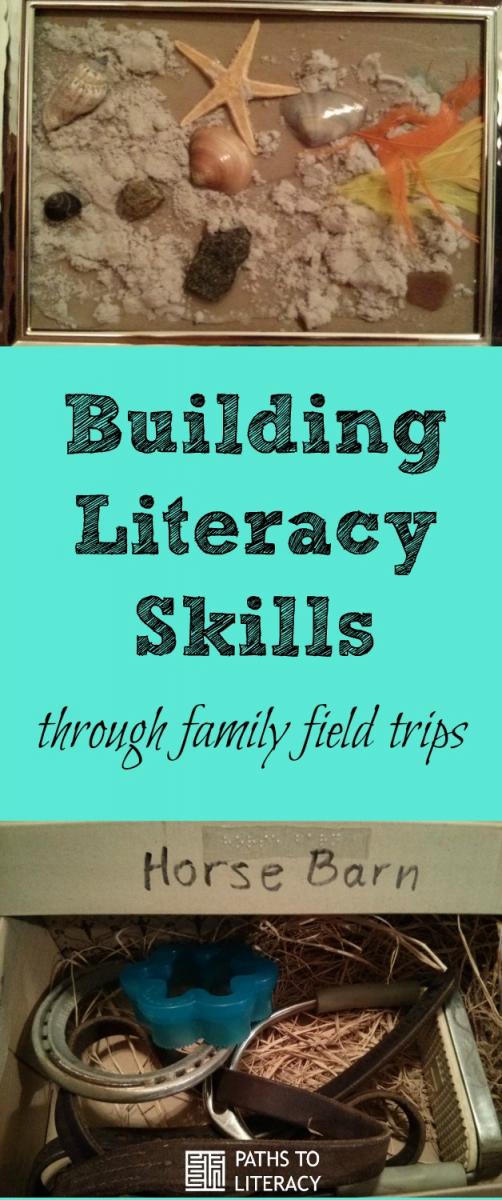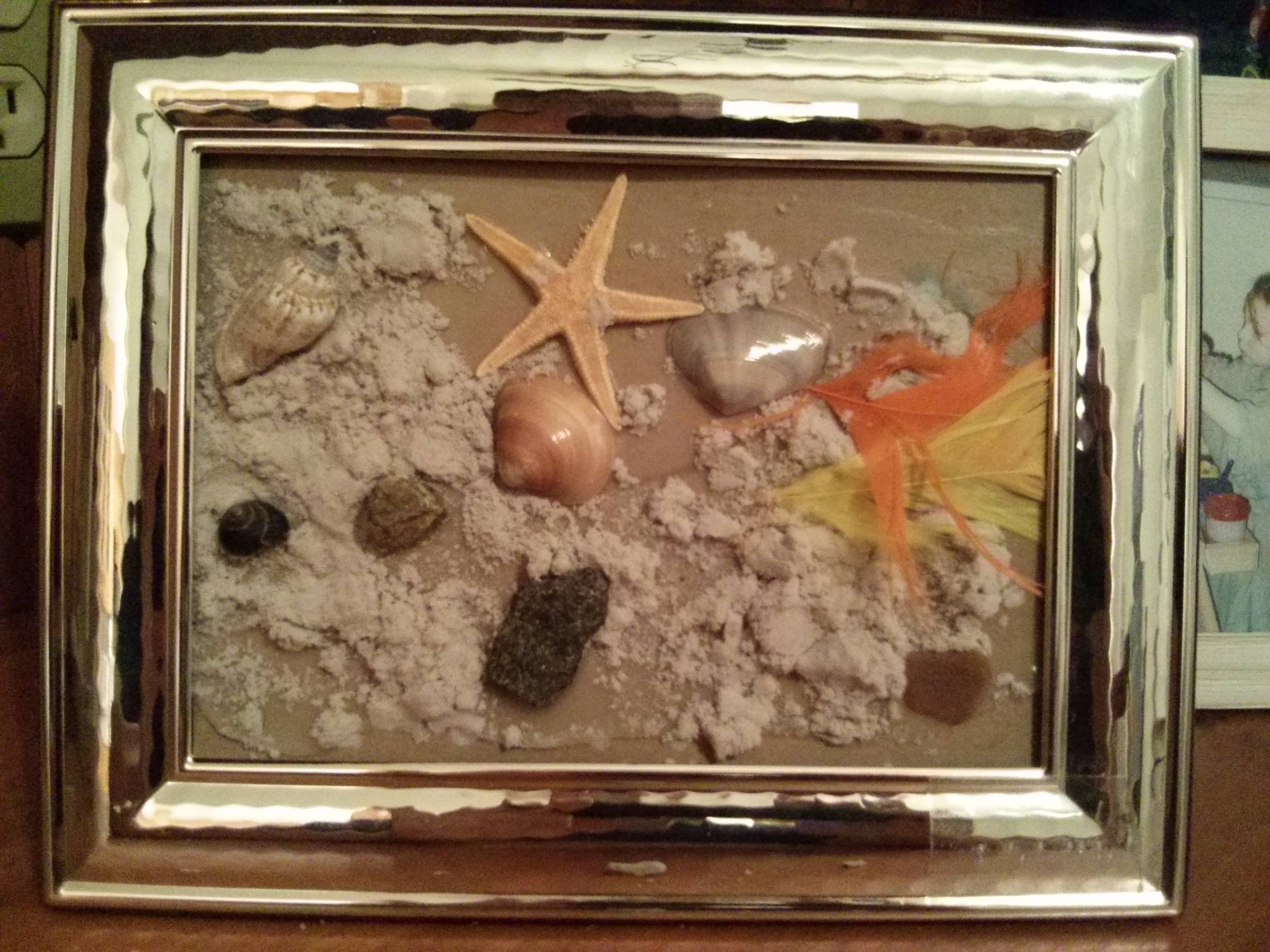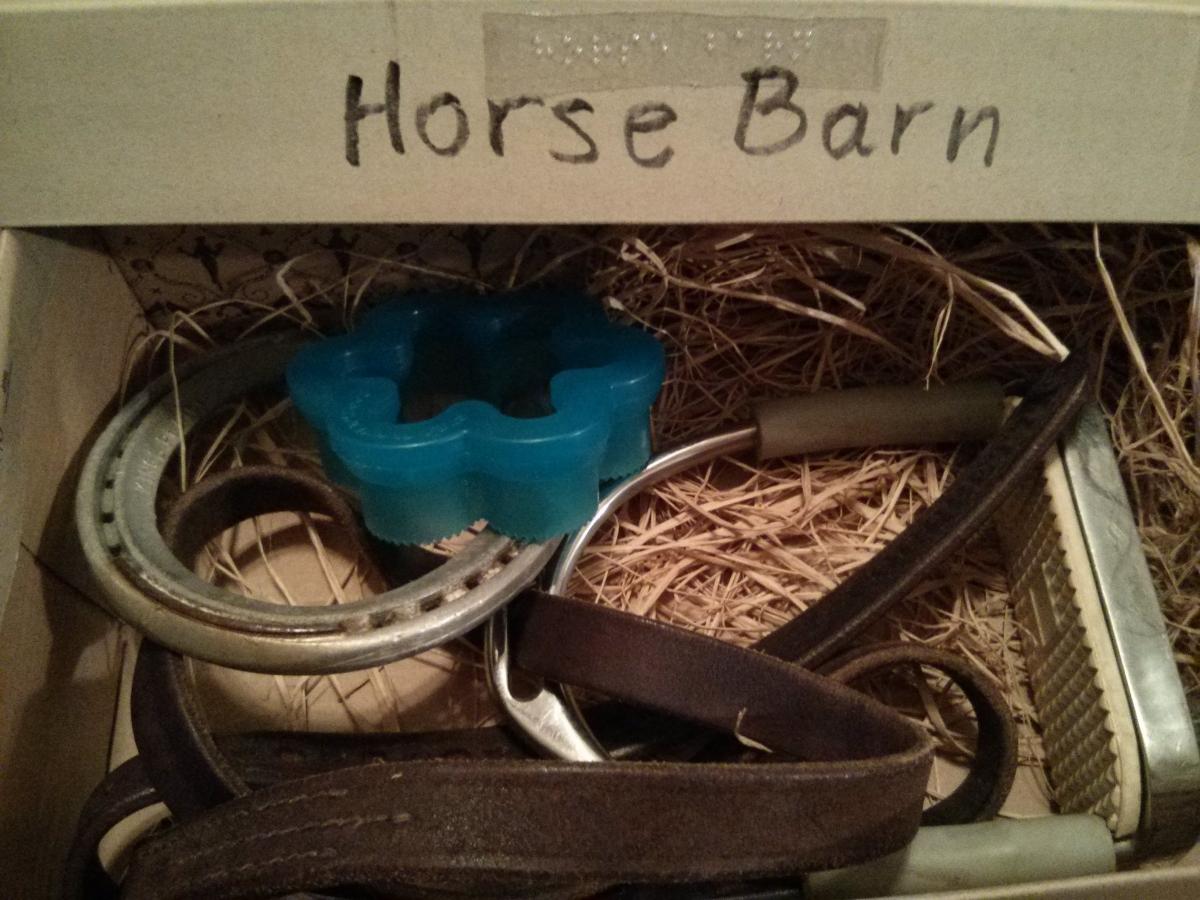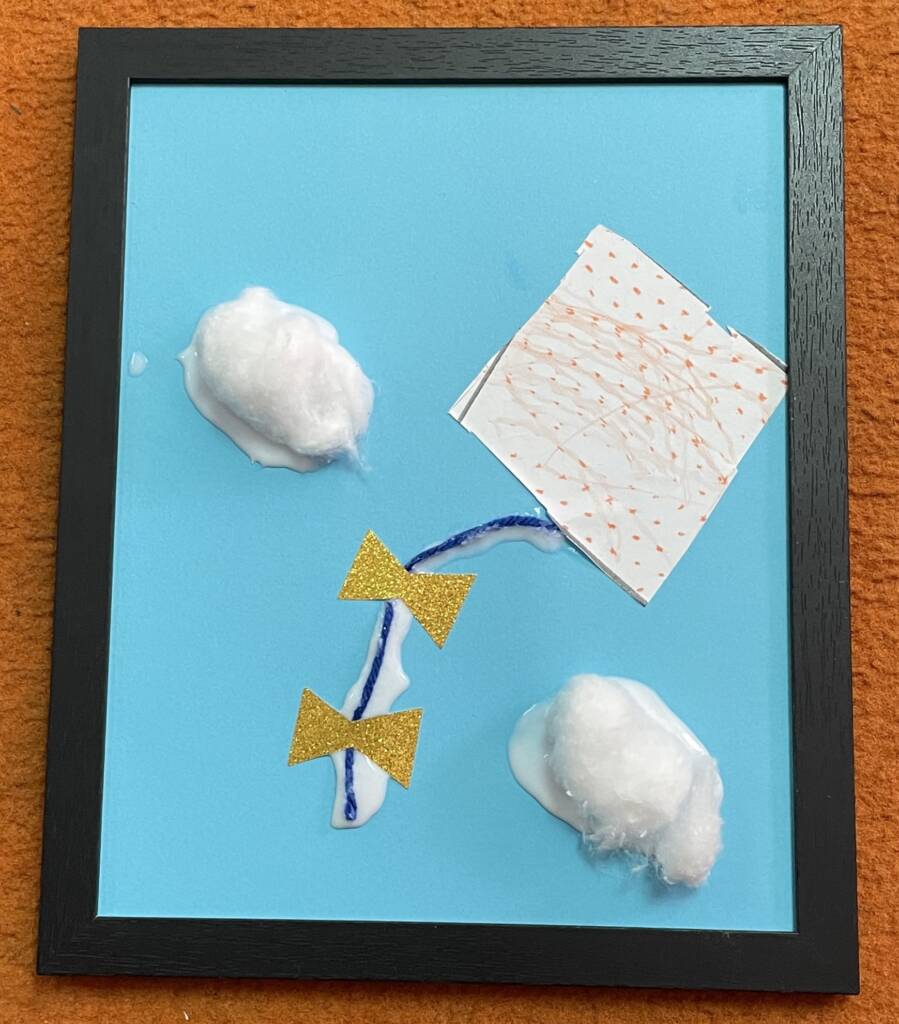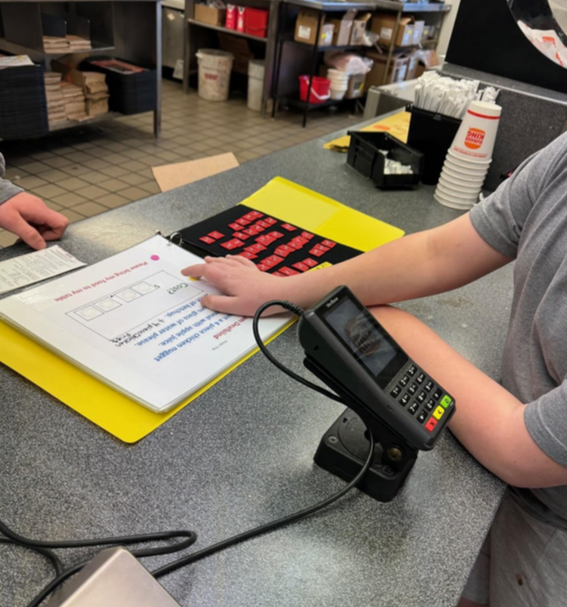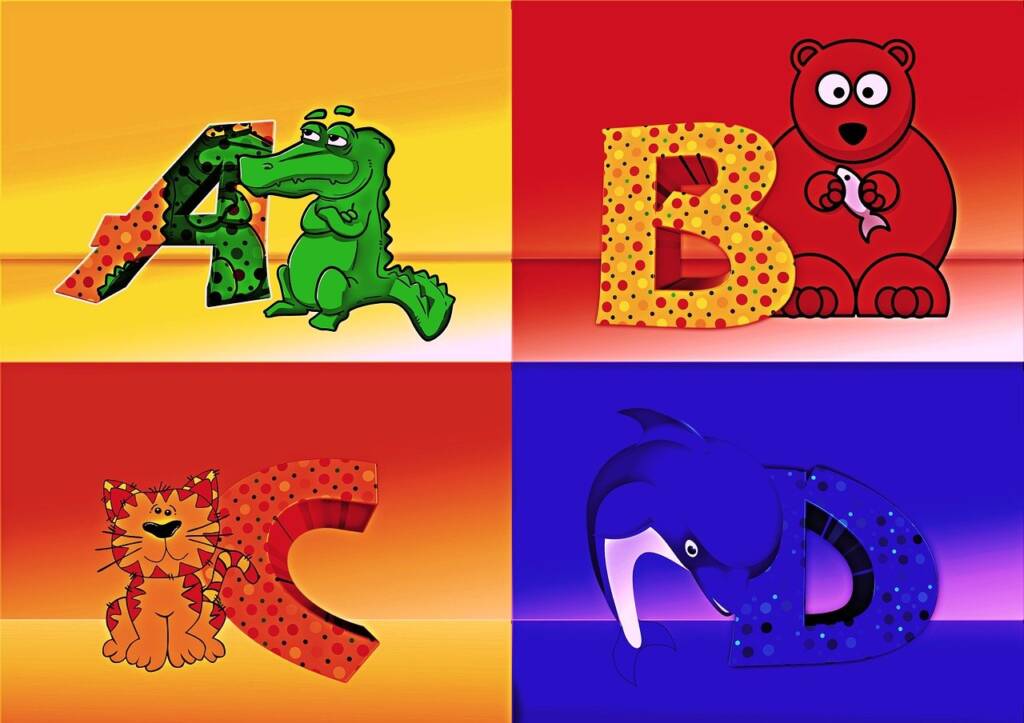A critical component of early literacy is having something meaningful and interesting to talk, read or write about. All children build vocabulary through experiences – be they real life experiences, stories and pictures in books, or videos/television. For children who are blind or visually impaired, having access to meaningful experiences can present a challenge. Pictures in books or even standard field trips may not provide the types of hands-on, experiential access necessary for young children with visual impairments to build meaningful and lasting vocabulary and concepts.
In Connecticut, the Preschool Unit of the Department of Rehabilitation Services – Bureau of Education and Services for the Blind (BESB) has long run a program of family field trips for our preschool clients. These trips range from a simple day at the beach to an “instrument petting zoo” with the Hartford Symphony Orchestra, complete with a backstage tour. All trips are carefully planned to appeal to the developmental needs of 2-5 year olds. All have included hands-on experiences designed to build vocabulary and concept development. All trips have been intended to include parents and siblings (and, often, grandparents, as well!) We feel that including families and extended families promotes the ECC goals of social and recreational development, supports families by creating connections and friendships between families in a natural manner and that, by including families, there is more opportunity for our students to practice new vocabulary by participating in family discussions of the trips.
Literacy Activities Based on Family Field Trips
Follow-up activities for field trips can be as varied as families – but all can support emerging literacy. While an experience story is the classic way to record and revisit family field trip experiences, following are some of the wonderful ways that our Connecticut families and teachers have promoted emerging literacy:
- Collect items from your trip to place in a “Remembering Box”. One family keeps a library of boxes filled with artifacts from trips big and small. These boxes live on a shelf in the family room with the photo albums, have
 sparked story telling for many years and are accessible to every member of the family!
sparked story telling for many years and are accessible to every member of the family! - Orally or in print/braille, make a list of the funniest thing that each family member did on your trip. “Daddy rode on the camel” when camel rides were available during one of our field trips to the zoo and “Mommy was really scared of the snakes!” – from the same family/same trip are a couple of my favorites.
- Create a tactual collage to frame and display using collected artifacts from your trip.
- Over dinner, ask family members about new words that they learned on a trip. One sibling was fascinated by the seashells he collected during a family trip to the beach and was excited to learn the word “mollusk” and talk about his finds with his family.
- Call Grandma and Grandpa – or another family member who couldn’t be at your trip – and tell them about what you saw and what you learned.
And of course…
Write an experience story with your family or teacher to share and read over and over again……..
Suggestions for Trips
While we have been lucky in Connecticut to be able to fund some of our wonderful family field trips, many of the best trips have cost very little or even been free. We try to provide 3-5 trips per year – sometimes more, sometimes less, depending on the availability of our teachers. We also keep a running list in our Preschool Unit of places that we think would make good trips “someday”. Our trips are frequently (but not always) held on Saturdays to allow families to attend together. We also try to limit the number of families attending so that the groups don’t become overwhelming. (Ten clients, after all, can equal forty people easily – not always a very “sensory-friendly” number!) We are careful to ensure that any location we choose is wheelchair accessible. We provide name tags to promote social interactions.
Below are some of our favorite trips – and a few we really want to try:
- Beach trip – just a bring-your-own picnic to a local beach. We provided pails and shovels. Wonderful sensory experiences playing at the water’s edge, digging in the sand, collecting shells, exploring seaweed and learning about tides. We chose a beach with a preschool-friendly playground for added attraction.
- Beardsley Zoo – we arranged for some hands-on interactions at our local zoo, followed by some behind-the-scenes visits to the zoo farmyard. Families participated in planned activities and were then free to explore the rest of the zoo or enjoy a picnic lunch with friends.
- Local park – plan a nature walk or just a picnic and chance to play on a playground.
- The New England Air Museum – hands-on tour – kids even got to sit in the cockpits.
- Dinosaur State Park – made arrangements for our kids to actually touch and stand inside dinosaur prints.
- Gymnastics – arranged for supervised time in a gymnastics center for just our students and parents to try age-appropriate equipment and activities.
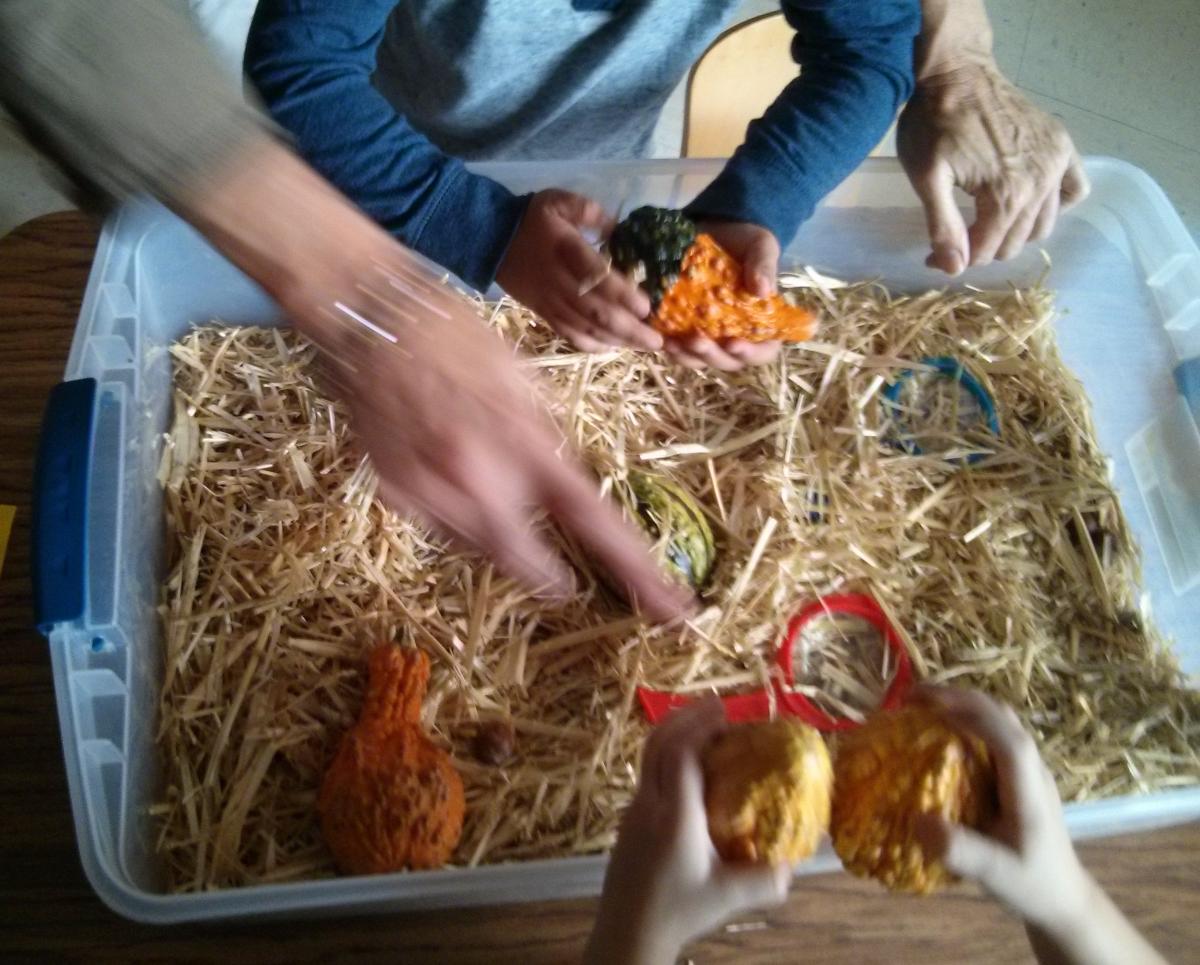
- Working farm – touched animals, collected eggs from henhouse, milked cows.
- Pumpkin picking
- Apple picking
- Ice skating – arranged for adults to be allowed on ice in shoes and for volunteers to help young skaters. Kids “skated” in wheelchairs, as well.
- Ferry ride – short (1/2 hour) boat ride that included the opportunity to tactually explore ropes, gangplank and even the wheel. Time to play and picnic on beach after the boat trip.
- Pony rides – arranged through local therapeutic riding group – lots of opportunity to explore stalls, tack, ponies and then to have a pony ride.
- Children’s museums – we have visited several different hands-on children’s museums with our families.
There are countless ways to promote emerging literacy through family field trips and simple, engaging follow-up activities for the whole family!
